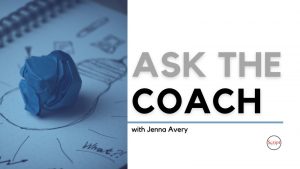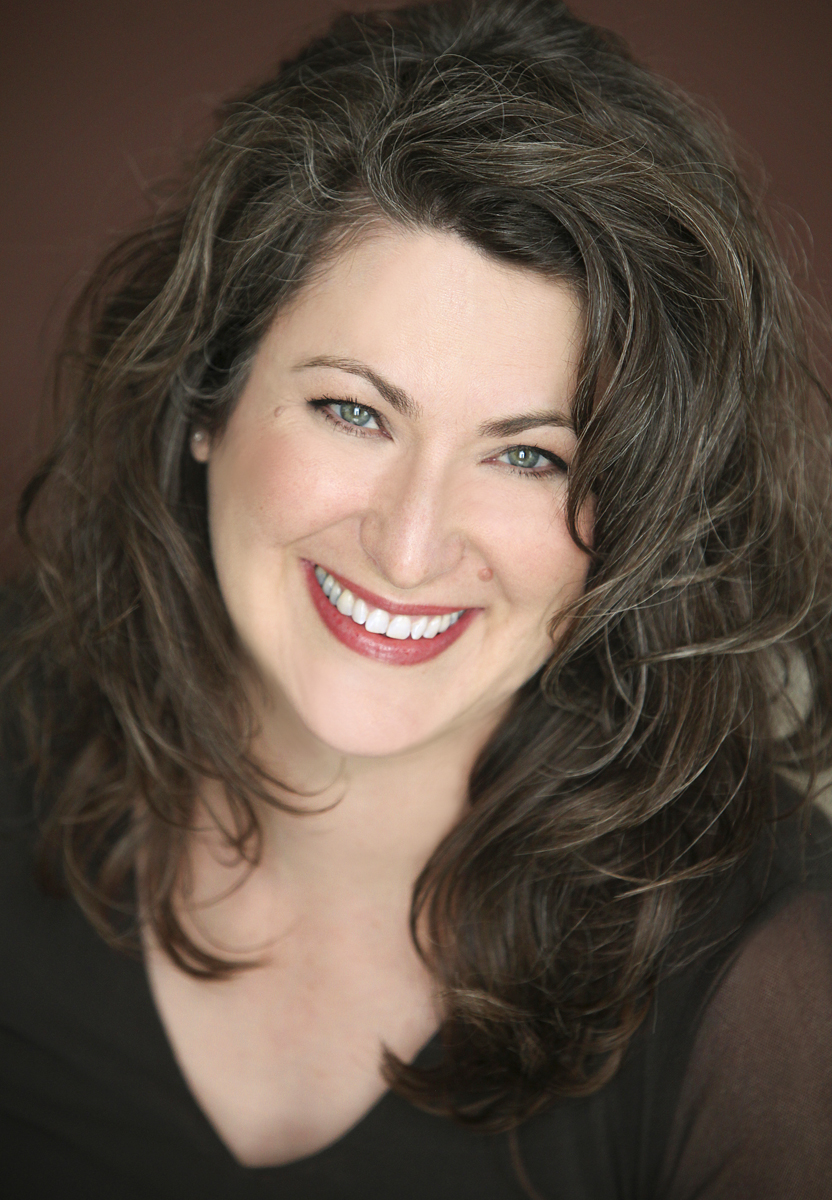In this month’s “Ask the Coach” article, I’m responding to a question from a reader about setting goals for the new year while also recovering from burnout.
Hi Jenna, it’s the start of the year, and I know it’s past time to sort out my writing goals for 2024, but I’m (still) recovering from burnout and I worry about pushing myself too far. I’m writing on spec, so I don’t have deadlines I have to meet, just a sense that I need to get work out into the world ASAP. What suggestions do you have for making the most of writing this year, while also continuing to recover. Thank you! ~ One Burned Out Writer
It’s no small task, and as someone who’s been in a similar situation, I know it takes as long as it takes. Many writers, creatives, and entrepreneurs around me seem to be experiencing similar circumstances. I’m seeing quite a few thought-leaders advising against pushing hard on the goal-setting front this year.
Whether your burnout is personal, writing-related, or because of the happenings of the broader world, taking the time you need to recover is critical to your ability to generate your best work. So do give the gift of recovery to yourself.
In my response, I discuss:
- trusting yourself and your intuition with goal setting
- focusing on what would feel good to you over deadlines and SMART goals
- focusing on the practices, habits, or rituals you’d like to have in place around your writing
- guiding your writing while recuperating by intuition rather than force
- allowing time for “sideways drift”
Thankfully, writing is not incompatible with recuperation. I would argue that writing is a critical part of how we heal and find ourselves again, if we have the patience and willingness to stay with it.
I’d love to answer them for you in my column.










